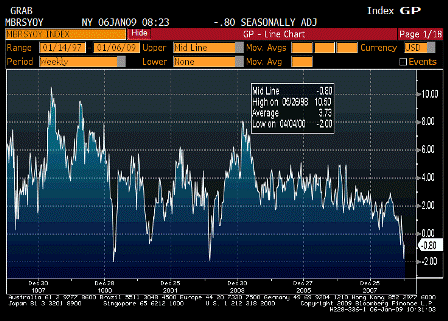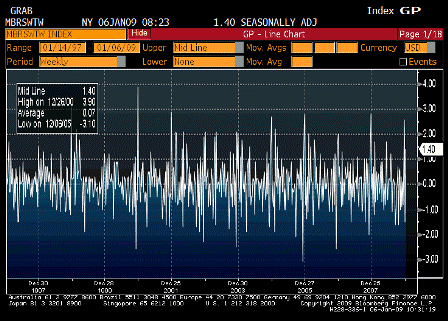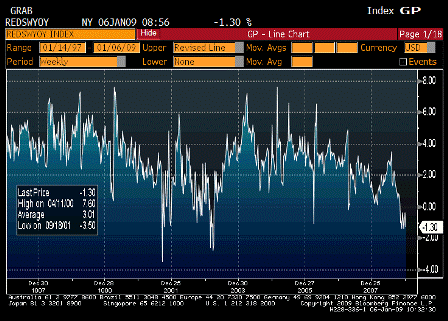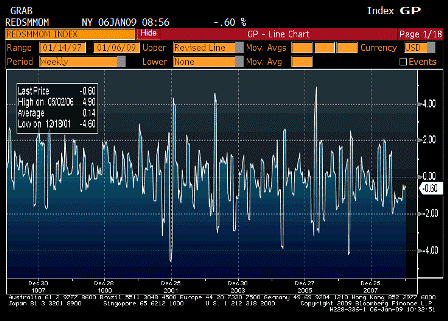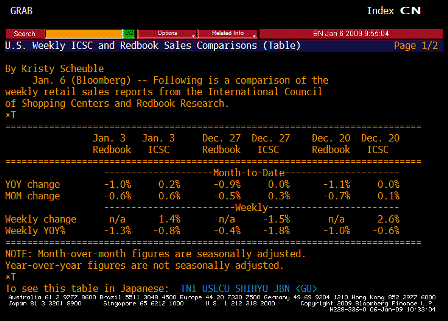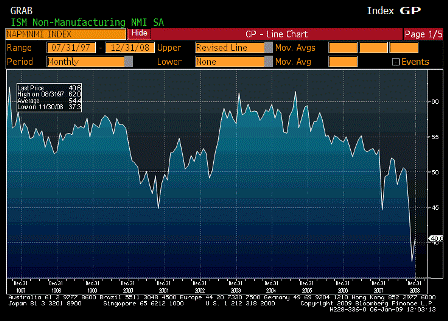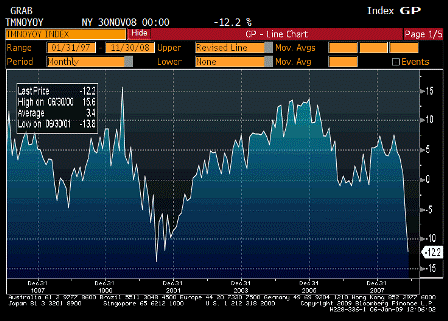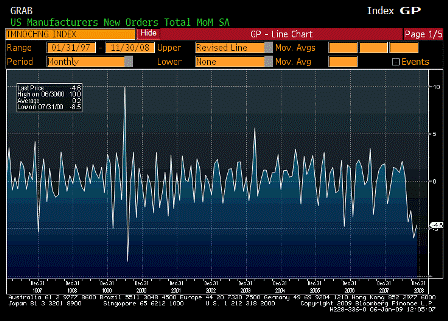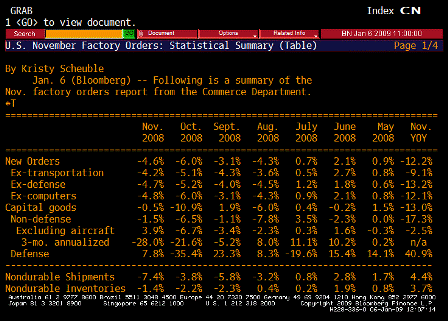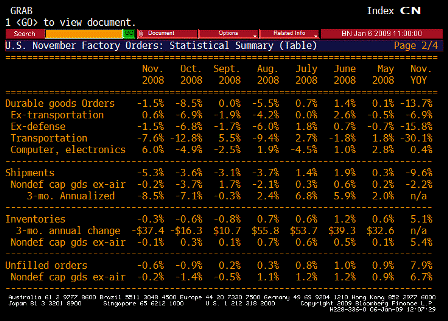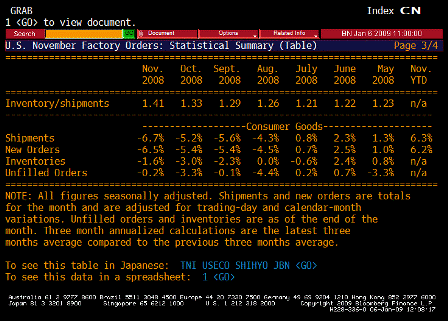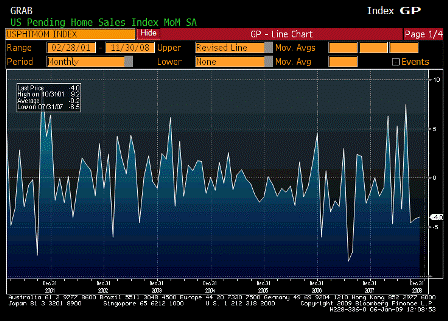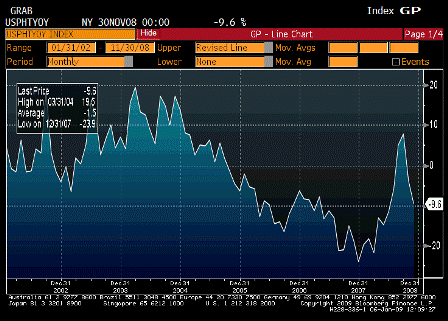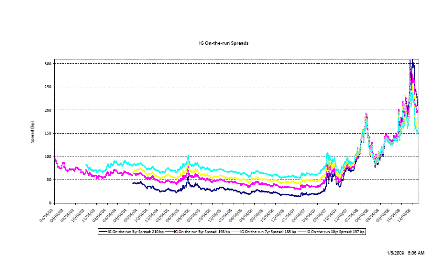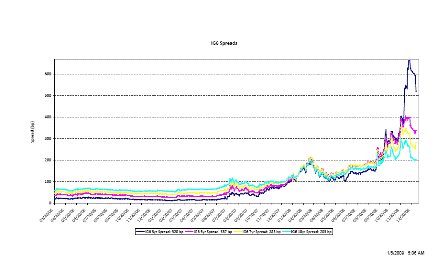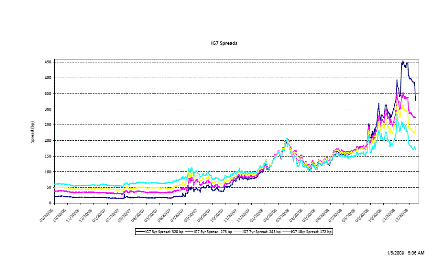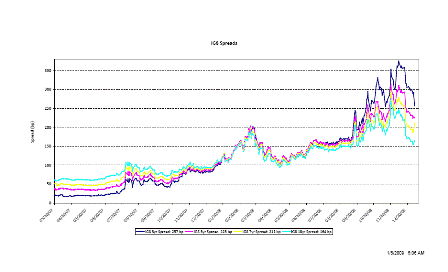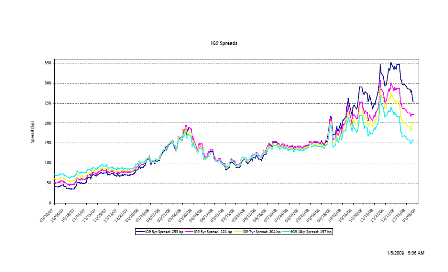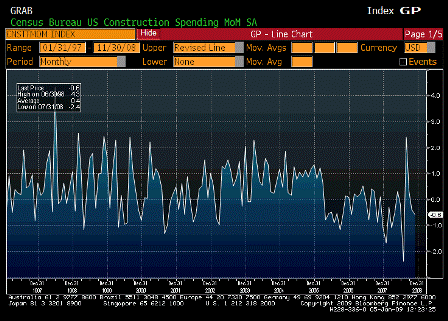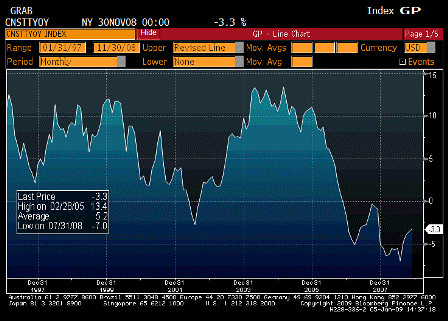[Skip to the end]
(email exchange)
And this is even worse than the conservation motive:
“Motorists are driving less and buying less gasoline, which means fuel taxes aren’t raising enough money to keep pace with the cost of road, bridge and transit programs.
That has the federal commission that oversees financing for transportation talking about increasing the federal fuel tax.
A 50 percent increase in gasoline and diesel fuel taxes is being urged by the commission to finance highway construction and repair until the government devises another way for motorists to pay for using public roads. “
>
> On Fri, Jan 2, 2009 at 12:39 PM, Deep wrote:
>
> Hi Warren, Karim,
>
> I heard talk of a possible gas tax to make
> consumers change habits / retain the good
> ones gained over the last 6 months.
>
> It sounds like they want to keep price of gas
> at the pump high either directly by Crude
> being high (increase in demand, decrease in
> supply) or through these artificial measures
> and thus force a change in Oil consumption
> patterns. If implemented I can only see
> negative impacts over the 6m timeframe –
>
> a) crimp consumption further by removing $
> from the consumer
>
> b) hurt US Car manufacturer jobs whose
> bottom line seems more leveraged to high gas
> prices than foreign manufacturers
>
> c) accelerate headline inflation possibly forcing
> the Fed to tighten
>
Yes, and worse. Using a gas tax to allocate by price is highly regressive. It means the upper income Americans can have any size SUV they want for safety and prestige and drive all they want, while lower income Americans have to car pool to work in tiny cars.
Seems a Democratic administration would not use allocation (rationing) by price but instead use other, non regressive means of allocation.
Either the Dems don’t know any better or they are now controlled by upper income Americans as the Reps are?
>
> All this, together with a delayed fiscal package
> will likely hit any recovery in consumption.
>
Yes, it would mean we need a larger fiscal package. But not so large to allow all to afford the new gas tax.
>
> Would love to get your thoughts.
>
Seems the political logic remains convoluted, at best!
>
> Thanks, Deep
>
[top]

